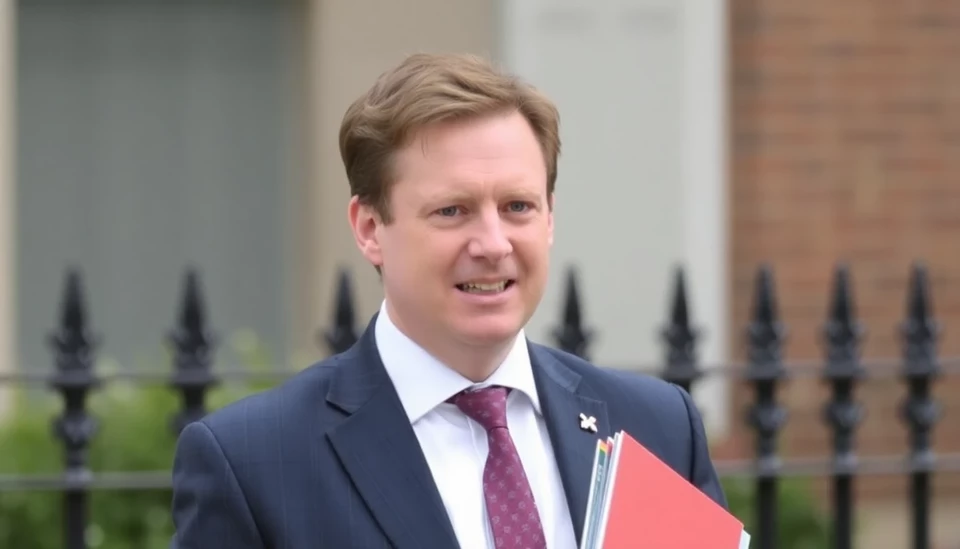
In a significant development for the Irish housing market, the Premier of Ireland has announced plans to scrutinize the current rent cap regulations. This declaration comes at a time when the country grapples with a persistent housing crisis, raising questions about the balance between tenant protections and the financial viability for landlords.
The Premier's statement, made during a recent press conference, points to an evolving economic landscape where the demands of both tenants and landlords must be weighed carefully. The move has been interpreted by many as a potential boon for landlords who have long argued that the existing rent control measures hinder their ability to maintain and invest in rental properties.
Supporters of revisiting the rent cap argue that it could encourage more investment in the rental market, ultimately leading to an increase in housing availability. They assert that current cap limits discourage landlords from renewing lease agreements or making necessary improvements to their properties, potentially exacerbating the housing shortage in urban areas, particularly in Dublin.
Conversely, tenant advocacy groups have raised alarms over the prospect of relaxing rent controls. They argue that the existing measures are vital in protecting vulnerable tenants from skyrocketing rental prices, especially in a market that has seen an unprecedented surge in demand and limited supply. With rent prices already at a considerable high, opponents of the change fear that any adjustments may come at the cost of affordable housing access.
The Premier emphasized the need for a balanced approach, indicating that any changes will not be taken lightly. “We must examine all aspects of the housing situation,” the Premier stated, highlighting the importance of comprehensive consultations with stakeholders, including tenant representatives and landlord associations.
This announcement aligns with broader efforts by the government to tackle the housing crisis, which has been a focal point of public discourse and policy debates in recent years. The Irish housing sector has been challenged by rapid growth, increased demand for housing, and an influx of new residents, all of which have contributed to a marked increase in rental prices across the country.
As discussions around the rent cap evolve, stakeholders from various sectors will be keenly observing the government's next steps. Investors will also be watching how potential changes might impact their investment strategies moving forward. It remains to be seen how the administration will balance the need for housing affordability with fostering a healthy rental market that encourages supportive conditions for investors.
The conversation surrounding rent reform is set to gain momentum in the coming weeks as the government prepares for further consultations and potential proposals. For many, the outcomes of these discussions may rewrite the dynamics of the Irish rental market for years to come.
As the debate unfolds, one thing is clear: the future of rental regulations in Ireland will significantly influence not only the lives of landlords and tenants but the trajectory of the entire housing market.
#Ireland #HousingMarket #RentCap #Landlords #TenantRights #IrishPremier #HousingCrisis
Author: Daniel Foster




